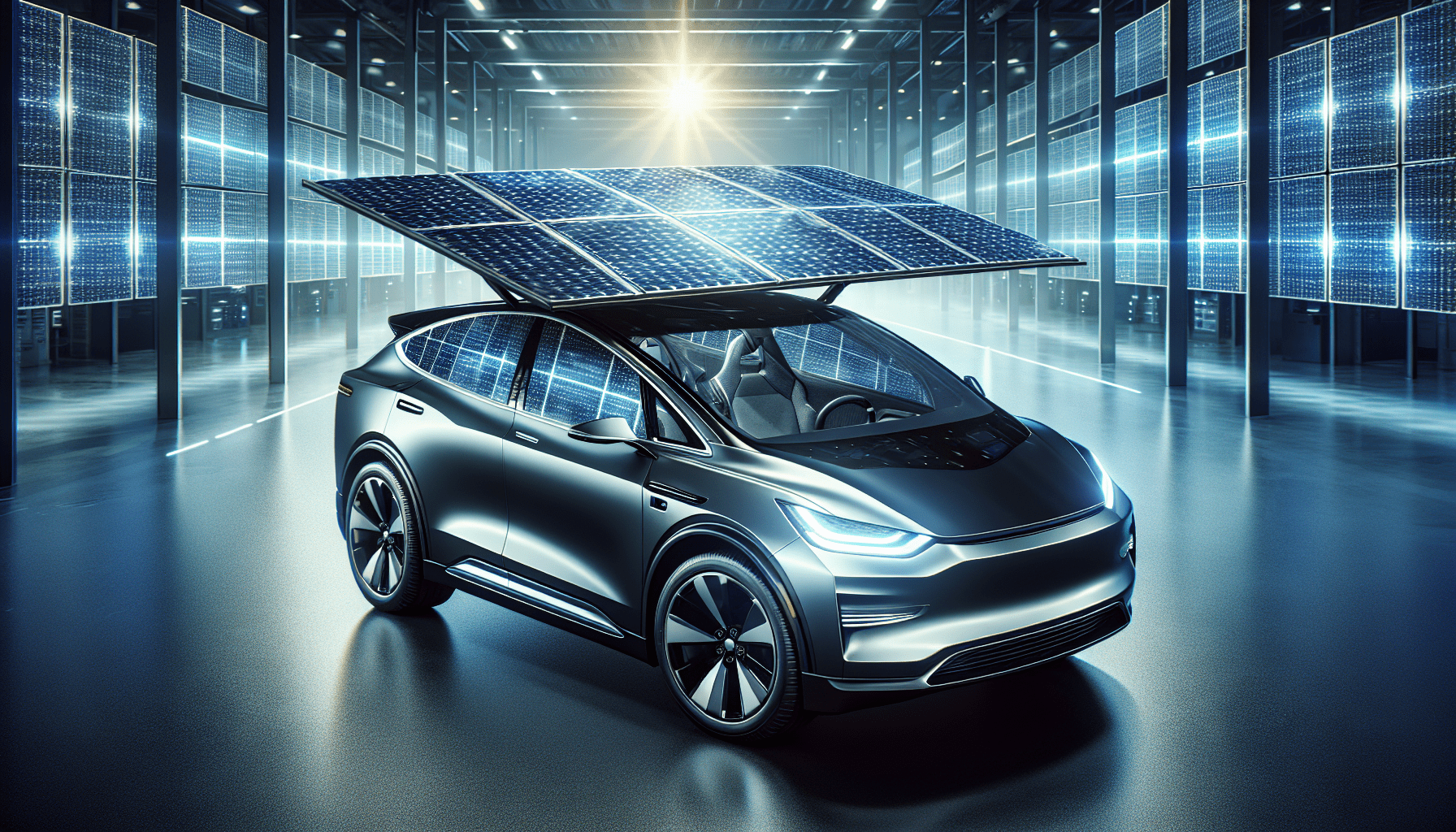The Sunroof Revolution
Have you ever considered the impact of a sunroof on your vehicle’s performance and sustainability? In recent years, there has been a surge in the popularity of sunroof-equipped vehicles, with many automakers incorporating solar roof technology into their designs. In this article, we will delve into the sunroof revolution and explore the benefits of this innovative feature.
The Evolution of Sunroofs in Vehicles
Sunroofs have come a long way since their introduction in automobiles. Initially serving as a simple window in the roof of a vehicle that could be opened for ventilation, sunroofs have evolved into sophisticated features that offer a range of benefits. From panoramic sunroofs that provide a clear view of the sky to solar roofs that harness energy from the sun, the evolution of sunroofs has transformed the driving experience.
How Sunroofs Work
Sunroofs are designed to allow natural light and fresh air into the vehicle, enhancing the overall comfort of the occupants. Traditional sunroofs can be either manual or electrically operated, allowing the driver to adjust the opening as needed. In recent years, solar roofs have gained popularity for their ability to generate electricity from the sun, reducing the vehicle’s reliance on traditional fuel sources.
The Benefits of Solar Roof Technology
Solar roof technology offers a range of benefits for both vehicle owners and the environment. By harnessing energy from the sun, solar roofs can help reduce greenhouse gas emissions and lower fuel costs. Additionally, solar roofs can extend the driving range of electric vehicles, making them more practical for everyday use.
Environmental Impact
One of the primary benefits of solar roof technology is its positive impact on the environment. By generating electricity from the sun, solar roofs can help reduce the carbon footprint of vehicles, making them a more sustainable transportation option. This renewable energy source can help reduce the reliance on fossil fuels and decrease harmful emissions that contribute to climate change.
Cost Savings
Solar roof technology can also lead to significant cost savings for vehicle owners. By generating electricity from the sun, solar roofs can help reduce fuel costs and lower overall operating expenses. In addition, many governments offer incentives and subsidies for eco-friendly vehicles equipped with solar roofs, making them a more affordable option for consumers.
Solar Roof Technology in BMW i3
The BMW i3 is one of the first vehicles to feature a solar roof as a standard option. This innovative technology allows the vehicle to harness energy from the sun and convert it into electricity that can be used to power the vehicle’s electrical systems. The BMW i3’s solar roof is a game-changer in the automotive industry, combining sustainability and performance in a stylish and practical package.
Solar Panels
The BMW i3’s solar roof is equipped with high-efficiency solar panels that are capable of generating electricity from sunlight. These solar panels are integrated into the vehicle’s roof and are designed to capture as much sunlight as possible, even on cloudy days. The electricity generated by the solar panels is used to power the vehicle’s auxiliary systems, reducing the load on the battery and increasing overall efficiency.
Energy Management System
To maximize the benefits of the solar roof, the BMW i3 is equipped with an advanced energy management system that optimizes the use of solar-generated electricity. This system intelligently distributes the solar power to the vehicle’s electrical systems, ensuring that the battery is always charged and ready for use. By integrating the solar roof with the energy management system, BMW has created a truly sustainable and efficient electric vehicle.
Conclusion
The sunroof revolution is changing the way we think about vehicles and their impact on the environment. Solar roof technology offers a range of benefits, from reducing greenhouse gas emissions to lowering fuel costs. The BMW i3’s solar roof is a prime example of how solar technology can be integrated into vehicles, providing a sustainable and efficient transportation option for consumers. As the automotive industry continues to innovate, we can expect to see more vehicles equipped with solar roofs, revolutionizing the way we drive and the impact we have on the planet.
